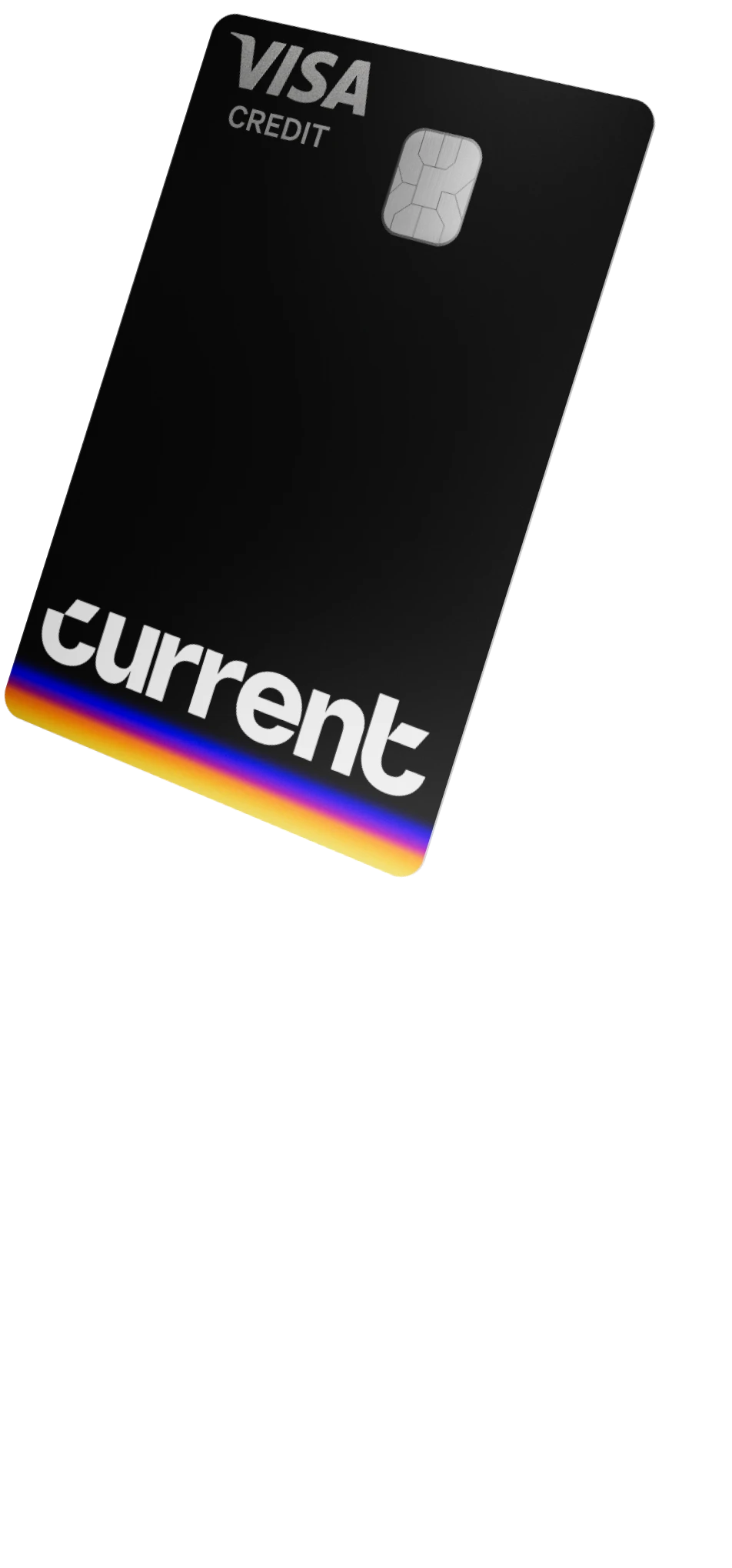How to Save Money if You Make Minimum Wage

If you make minimum wage, building up savings is more challenging than it is for those who make higher wages. But you can still find small ways to save money that add up over time.
Here are some ways to make money if you make minimum wage.
Budgeting and Saving
If you’re trying to save money on minimum wage, the first thing you should do is create a budget. This will help you track where your money is going and allow you to see what expenses you're making that you don’t need to be. The more control you have over your money, the more freedom you get, but it takes time and persistence.
There are many apps you can use to track your spending and get monthly (or weekly) reports of your expenses. Current, for example, has monthly budgeting tools to help you track your spending and send you push notifications every time you swipe your card. They will give you a big-picture view of your finances, so you can find ways to save money even as you make minimum wage.
Sometimes, you might get lucky and receive an unexpected amount of money, like a cash gift or a tax refund. Don’t go on a spending spree, as tempting as it might be.
Put half of this unexpected money into a savings account, so you have easy access to money for emergencies (for instance, your car breaks down, or you have to take your pet to the vet). The other half can go to any outstanding debts you have. If there are no debts you need to pay off, you can think about making an important purchase you’ve been putting off. You can, of course, think about treating yourself, but make sure you meet your financial priorities first.
Save Your Change and Don’t Eat Out
One way to save money if you’re making minimum wage is to keep the change whenever you pay by cash (which is a good way in itself of controlling your spending). Save your change in a jar or some other container where you can’t easily access it, but you can get to it in a pinch. You’ll be surprised how quickly that collection of change accumulates.
There are also a number of budget apps that will automatically save your (digital) change for you, putting that amount in your savings account or creating a separate account for just your change. Current’s Round-Ups follow the same idea. Each purchase is rounded up to the nearest dollar, and that amount is put into your Savings Pod.
To best save money when you’re making minimum wage, consider making some lifestyle changes. For example, cutting down on eating out — even if it’s just getting a drive-thru meal — will make a big difference to your budget.
Most grocery stores have apps you can use to search for coupons and special offers. Use them to start planning your meals ahead. This will not only save you money, but it is also a healthier way of eating. Limit eating out to special occasions or as a reward to yourself when you reach a financial goal, but make it the exception, not the norm.
Shared Housing and Small Savings
Sharing your housing is a big way of saving money, especially if you don’t have a lot of disposable income. If you have a room you’re not using, you can rent it out. Alternatively, look for shared housing.
Any form of shared housing is going to be more affordable than renting a place all by yourself. Additionally, having your own place often means paying more for utilities and maintenance. If you set a goal to share a place for a few years, you might have saved up enough money to be able to think about renting your own space.
Look for any opportunity to save money. Consider shopping at thrift stores, look up garage sales, and browse giveaway groups on Facebook. You can find all sorts of clothes, furniture, and entertainment without paying very much money or even without paying anything at all.
You can rent books and movies from your local library, and you can find vegetables and other grocery items through urban and community gardens. Some community centers offer free meals for people, no questions asked.
By taking a lot of steps to secure small savings, you can put them all together to make some big savings.
Careful Credit Card Use
If you have a credit card, it might seem like an easy way to get stuff now and not having to worry about paying until later. However, many people get stuck with credit card debt for years. You should be careful with how you use your credit cards — using them only for emergencies or for small, controllable purchases, so you can build your credit score over time. As you prove that you are a trustworthy consumer, you might qualify for rewards, cashback offers, and other programs.
But as The New York Times advises, treat your credit card like it is cash — that is, painful to use. If you are circumspect with how you use your credit card, it can be a surprisingly effective way of saving money.
Savings Add Up Over Time
By taking these steps, you can save money even if you make minimum wage. While these changes are small, they can really add up over months and years.
References
What Your Budget Might Look Like if You Make the Federal Minimum Wage. (December 2021). CNBC.
Figuring Out What to Do With a Windfall. (November 2019). Forbes.
The Psychological Reason Credit Cards Make You Spend Like a Kardashian. (September 2019). Inverse.
This One Easy Trick Can Save You Hundreds of Dollars. (June 2017). NBC News.
78% Of Americans Have Saved Roughly $245 During the Pandemic by Not Going Out To Eat. (May 2020). CNBC.
The Easiest Thing You Can Do to Lose Weight: Avoid Restaurants at All Costs. (January 2016). Vox.
Forget Splitting An Apartment. These Renters Are Sharing Bedrooms. (July 2019). CNBC.
I Made An Extra $16,000 a Year by Renting Out My Spare Bedroom on Airbnb — And It Was the Easiest Way I Ever Made Money. Here's What the Experience Gave Me Beyond an Extra Income. (June 2021). Business Insider.
Tips for How to Save Money From Your Salary. (August 2021). Current.
The Best Way to Use a Credit Card? Treat It Like Cash. (February 2020). The New York Times.
The Psychology of Money: Spending and Saving Habits. (June 2021). Current.




